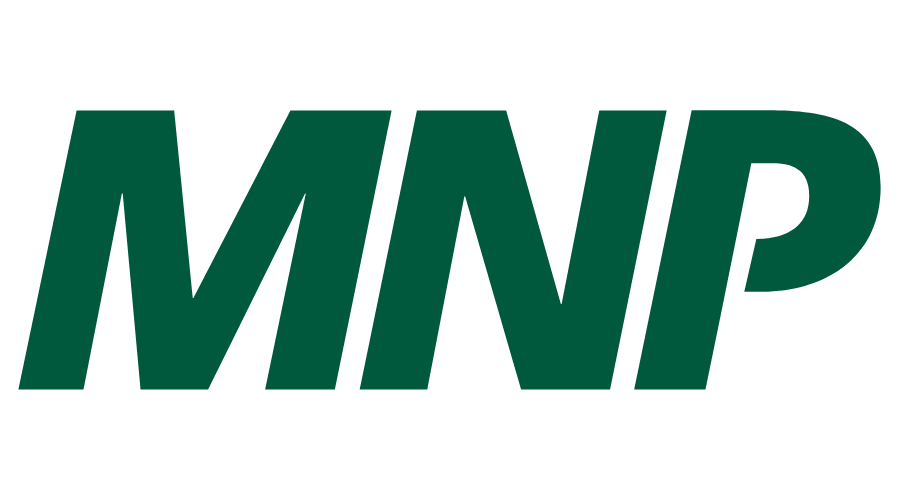When expanding to the US, it is important to employ a team-based approach in your planning process before taking action. Include your U.S. immigration attorney, U.S. business attorney, cross-border tax counsel, and cross-border logistics professionals in your planning conversations, and make sure they are all communicating with each other so you can put your best for forward. The following common cross-border Visa options are presented and reprinted here with the permission of our trusted cross-border immigration law colleagues at Cascadia Cross Border PLLC. These descriptions are general overviews for informational purposes only. Make sure to consult with a U.S. immigration attorney about your specific matter.
- B-1 Visas for Business Visitors: Foreign nationals may enter the US temporarily in B-1 “Visitor for Business” status to conduct limited business activities on behalf of their company abroad. These activities can include meetings, contract negotiations, trade shows, conferences, and more. B-1 status does not permit paid employment in the US or management of a US company/US employees. B-1 can be a great option for businesspeople looking to expand to the US, but many activities fall into a “grey area” between what is permissible and what is not, so exploring work-authorized status is recommended.
- E-1 Visas for Treaty Traders: The E-1 visa is for nationals of treaty countries (including Canada) who engage in substantial trade between their home country and the US. The visa is valid for 5 years and renewable indefinitely. Spouses and children (under 21) of E-1 visa holders can apply for derivative visas. Spouses of E-1 visa holders are authorized to work in the US. Employees of E-1 visa companies who are executive, managerial, or essential can also apply for E-1 visas.
- E-2 Visas for Treaty Investors: The E-2 visa is for nationals of treaty countries (including Canada) who have made a substantial investment in a viable US business. The visa is valid for 5 years and renewable indefinitely. Spouses and children (under 21) of E-2 visa holders can apply for derivative visas. Spouses of E-2 visa holders are authorized to work in the US. Employees of E-2 visa companies who are executive, managerial, or essential can also apply for E-2 visas.
- H-1B Visas for Specialty Occupation Workers: The H-1B visa enables U.S. employers to hire foreign workers in specialty occupations that require specialized knowledge and at least a bachelor’s degree or its equivalent. There is an annual lottery in March where employers can register employees for selection. If the employee is selected in the lottery, the employer may file the H-1B petition for the employee for a start date later that year (usually October 1).
- L-1 Visas for Intracompany Transferees: The L-1 visa allows companies to transfer employees from their foreign offices to their U.S. offices. It is available for managers, executives, and employees with specialized knowledge who have worked for the company outside of the US for at least one year within the previous three years. The company in the US and the company abroad must have a qualifying relationship (e.g., parent, subsidiary, affiliate, branch). The visa is granted for up to 3 years and is renewable in 2-year increments for a max of 7 years (if living full-time in the US). Spouses of L-1 Visa holders who apply for derivative L-2 status are authorized to work in the US.
- O-1 Visas for People of Extraordinary Ability: The O-1 visa is for individuals who possess extraordinary ability in fields such as sciences, arts, education, business, or athletics, or have a record of extraordinary achievement in the motion picture or television industry. The O-2 visa is available for people coming to work in a supporting capacity for an O-1 visa holder (e.g., band, crew, etc.). The visa is granted for a period of up to 3 years and is renewable in 1-year extensions.
- P Visas for Internationally Recognized Athletes and Entertainment Groups: The P-1 visa is designed for internationally recognized athletes, entertainment groups, and their essential support personnel, allowing them to perform or compete in the U.S.
- TN Visas for Treaty Professionals under the USCMA: The TN visa was created under the North American Free Trade Agreement (NAFTA), now the USMCA. It allows qualified Canadian and Mexican professionals to work in the U.S. temporarily in specific professional occupations. To qualify, the applicant must have a job offer from a US employer for a position that falls within one of the enumerated professions and must possess the requisite qualifications for that category. The visa is granted for up to 3 years and is renewable indefinitely.
- Note for Canadian citizens: while the above descriptions use the term “visa,” Canadians are visa exempt for most US nonimmigrant statuses. This means that they do not usually have to go to a US Consulate in Canada to be issued a visa; for certain statuses, they can apply right at the port of entry. For others, they must first apply with US Citizenship and Immigration Services (USCIS). The only type of visa on this list that requires an in-person appointment at the US Consulate is the E-1/E-2 visa.

Pacific Customs Brokers Ltd.
View Website
Lodder CPA
Kyle Lodder, CPA
2059 Main Street Suite B
Lynden, WA 98264
(360) 939-3955 | kyle@loddercpa.com

MNP
Terence Chan, CPA
301-15303 31st Avenue
Surrey, BC, V3Z 6X2
(604) 536-7614

